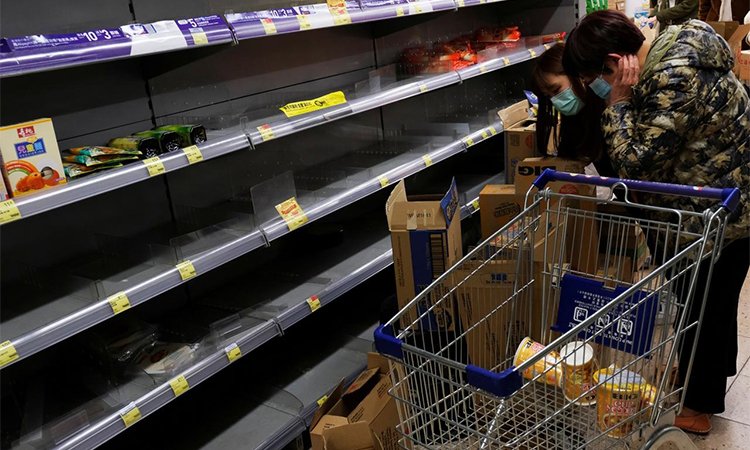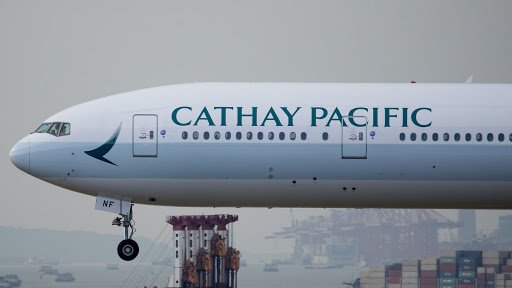HIGHLIGHTS
- Hong Kong is a city that also suffers from the common consequences of Covid-19 which is the problem of breaking the global supply chain.
- The threat of the spread of the Omicron variant causing prices to soar has pushed Hong Kong to the brink of anxiety.
- The serious shortage of cargo space, causing insufficient supply in Hong Kong, has put great pressure on each business and each industry.
FULL ARTICLE
Zero Covid makes goods scarce
Hong Kong is a city that also suffers from the common consequences of Covid-19 which is the problem of breaking the global supply chain. This was a city that had to import most of its goods. As a result, this has led to shortages of staples like berries, yogurt, seafood and premium cheeses and delays for business owners.
The implementation of social distancing directives has had many negative impacts on businesses. Retailers and restaurants will lose revenue and may not be able to recover their capital. In addition, flights are cut, causing the quantity of goods to be insufficient to meet consumer demand. This will most likely fuel price increases and high inflation.

Specifically, Cathay Pacific Airways, the airline with the city’s widest network of connections, had to cancel hundreds of flights. As a result, freight shipments could fall below 20% of pre-pandemic levels. In addition, logistics costs are predicted to increase by 40% within 3 weeks and fruit prices may increase by 10%.
Hong Kong’s strict epidemic control regulations are similar to those in mainland China. However, this city of 7.4 million people depends on imported goods and is not self-sufficient like China. This has raised concerns that Zero Covid is a sustainable campaign or not?
Omicron puts pressure on prices
The threat of the spread of the Omicron variant causing prices to soar has pushed Hong Kong to the brink of anxiety. Specifically, the vaccination rate in this city is among the lowest among developed economies. Although only about 10 community infections have been recorded so far, it is not certain that in the future such a low number can be guaranteed.
Faced with this situation, the city government has removed the priority rule not to isolate the flight crews. This forced Cathay Pacific Airways to cut cargo flights. In January 2022, this airline will only operate at about 20% of its capacity compared to before the pandemic due to insufficient staff. Other passenger flights were also banned from eight countries, reducing cargo capacity.

Businesses are on the verge of collapse
The serious shortage of cargo space, causing insufficient supply in Hong Kong, has put great pressure on each business and each industry. During this year’s Lunar New Year, it is likely that people in this country will not have flowers to display, not enough vegetables or lobsters to use.
The retail and restaurant industry in this city has only just recovered, but it is not immune to a decline in sales in the previous year. Specifically, revenue from both these areas only reached 42 billion USD in the first three quarters of 2021 after the city eased restrictions. This figure is nearly 30% lower than the same period in 2018, the time before political instability caused serious damage to the economy.

These are creating a “nightmare” for many businesses. They are trying to find a way to overcome this situation in the short term and can expect to be positive in the near future. According to Jacques Derreumaux, co-founder of Cheese Club and WHAT’sIn, a delivery service that delivers cheese and fresh fruit and vegetables from France, the company is shipping via air freight routes that have changed routes. because flights from France have been banned and we hope the goods can be delivered in time for shopping near Tet.
According to Mr. Michael Li, honorary deputy secretary of the China Import and Export Association in Hong Kong, restrictions will cause retail prices to spike; delivery time will be longer and shipping cost can increase by about 30%. This is a difficult problem not only for suppliers but also for consumers. They need to calculate to be able to buy enough food for the future with the appropriate amount as usual.
Thanh Thao
Predictions on ending the shipping crisis













